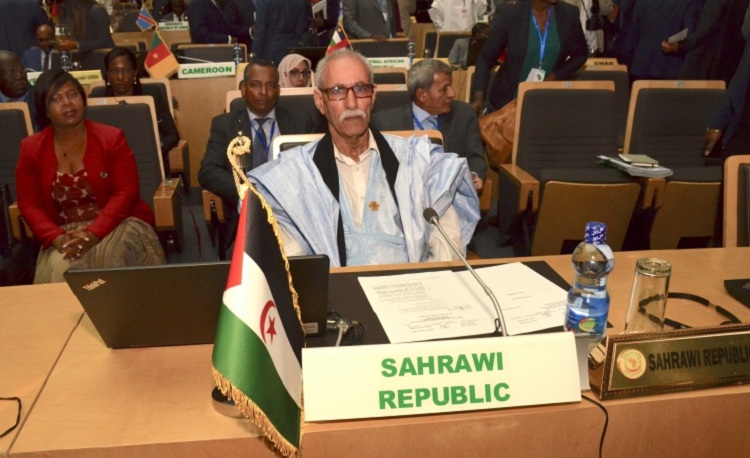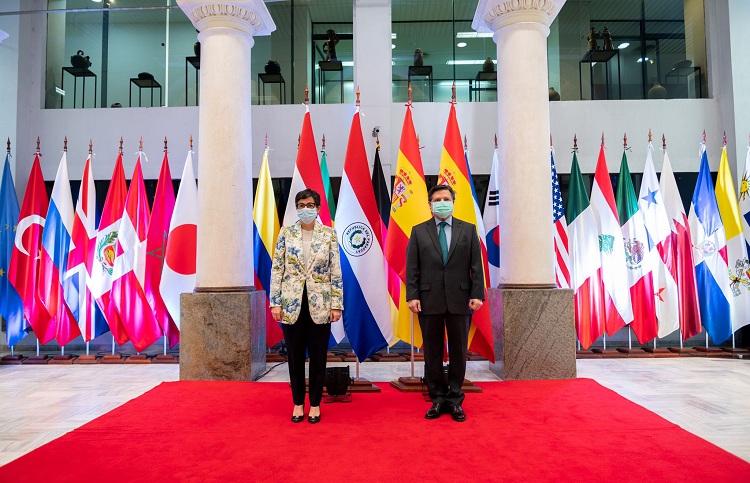The Diplomat
The Moroccan government has expressed, through a communiqué from the Ministry of Foreign Affairs, its displeasure at the decision of the Spanish authorities to hospitalise the leader of the Polisario Front, Brahim Ghali, in Logroño, without informing Rabat beforehand.
Morocco had already expressed its disagreement with the attitude of the Spanish government, which argued ‘humanitarian reasons’ for receiving Ghali, by summoning the Spanish ambassador in Rabat, Diez-Hochleitner, but on Friday night it put its warnings to Spain in writing.
Thus, it advises the Spanish government not to “minimise the serious impact” of the current crisis between the two countries caused by the hospitalisation of the Polisario leader. The attitude of some government officials, prejudging the Moroccan reaction and minimising the serious impact on relations, cannot hide this deplorable situation.
Rabat considers in the communiqué that the decision of the Spanish authorities ‘is not a simple omission’, but ‘a premeditated act, a voluntary choice and a sovereign decision of Spain, of which Morocco takes note’ and from which ‘it will draw all its consequences’.
Morocco emphasises that, since Ghali’s arrival, Spanish officials “have multiplied statements to justify this serious act, contrary to the spirit of partnership and good neighbourliness”.
Furthermore, it affirms that the explanation given by Madrid on the reception of Ghali for humanitarian reasons “does not justify the manoeuvres plotted behind the back of a partner and a neighbour”.
“Humanitarian considerations cannot explain the inaction of the Spanish justice system when it is duly informed of the documented complaints” for alleged crimes of illegal detention, torture and crimes against humanity of Ghali, and do not explain “the complicity in the usurpation of a false identity” with which Ghali allegedly entered Spain, the note underlines.
Morocco concludes that the preservation of bilateral relations with Spain is “a mutual responsibility that is nourished by a permanent commitment to safeguard mutual trust, maintain fruitful cooperation and protect the strategic interests of both countries”.
The Minister of Foreign Affairs, Arancha González Laya, assured on Tuesday that Spain has already given the appropriate explanations to Morocco, and said that when these humanitarian reasons are over, Brahim Ghali will leave Spain. He also added that, if the Spanish justice system considers that Ghali should appear, “it will not be the government that stands in the way”.
The judge of the Audiencia Nacional Santiago Pedraz, has scheduled Ghali’s appearance for 1 June to be questioned about the allegations of genocide, murder and torture, but Spanish legal sources told Efe that they doubt that he will be able to carry out the interrogation due to the delicate state of health of the Sahrawi leader, who has spent at least two weeks in intensive care.







